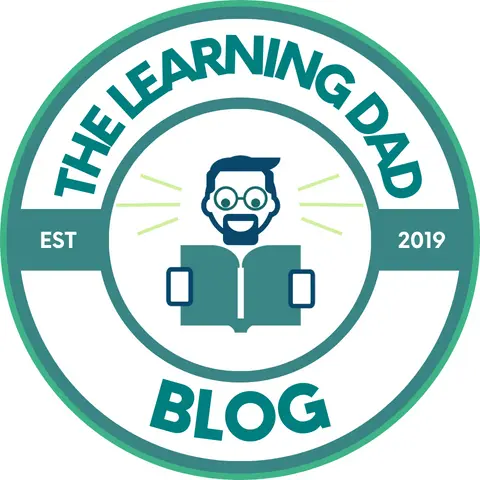
Consider homeschooling if you prefer flexibility, control, and more time with your children. Consider traditional schooling if you value freedom, community, and prestige.
Consider homeschooling if you’re a work-at-home (or stay-at-home) parent with an endless amount of patience. Consider traditional schooling if you work a nine-to-five job and can spend most of your day away from your children.
Consider homeschooling if your child thrives on studying exclusively. Consider traditional schooling if your child performs better in groups.
Choosing whether to homeschool your kids or enroll them in a conventional school is easier said than done. It turned out to be a blessing in disguise that homeschooling became our only option when we were in this situation three years ago.
The truth is both homeschooling and traditional schooling have their unique advantages and disadvantages. Their effectiveness would solely depend on what you and your children need.
Unfortunately, many of us get trapped in the decision loop because we consider beyond what’s necessary. Here are some examples:
- Trends – “Most people are doing this, so I will also do this.”
- Parents – “My parents want my children to go to this school.”
- Standards – “The school should have like this, this, and this. Oh, and also this.”
- Reputation – “People would think highly of my kids (or me), if they study in this school.”
- Business connection – “My kid is going to this school to build connections with these groups of people.”
While these can be useful considerations, they have the tendency to become distractions from the more important matters, such as direction.
Proverbs 22:6 reminds us, “Train up a child in the way he should go; even when he is old he will not depart from it.”
As parents, we are responsible for guiding our children toward the right path. Educational institutions are simply vehicles to help us achieve that goal. Choosing between conventional schooling and homeschooling is like deciding whether to take a bus or drive your own car. Either way, the aim is to get to your child’s destination.
Have you thought about what direction your child should go? I meditated on this question, and this is my answer (as of this writing):
I hope my children will grow up to be God-fearing adults who know how to take care of themselves, and the people around them.
The “Home” in Schooling
A friend told me during dinner that he doesn’t believe in homeschooling. “Why not?” I asked. He said, “it’s because I haven’t seen any final products, unlike in traditional schools.”
I didn’t mention that Tim Tebow, J.R.R Tolkien, C.S. Lewis, Emma Watson, and Serena Williams were some of the products of homeschooling – because it’s beside the point.
The point is we should not outsource our children. We shouldn’t give the schools the burden to turn our children into its “final product.”
Ultimately, the best education for your child is one that is rooted in a loving and supportive home environment. Regardless of whether you choose to homeschool or enroll them in a traditional school, parents must be the main educators for their children.
What’s best: homeschool or traditional school?
Well, the best for them is actually you.
